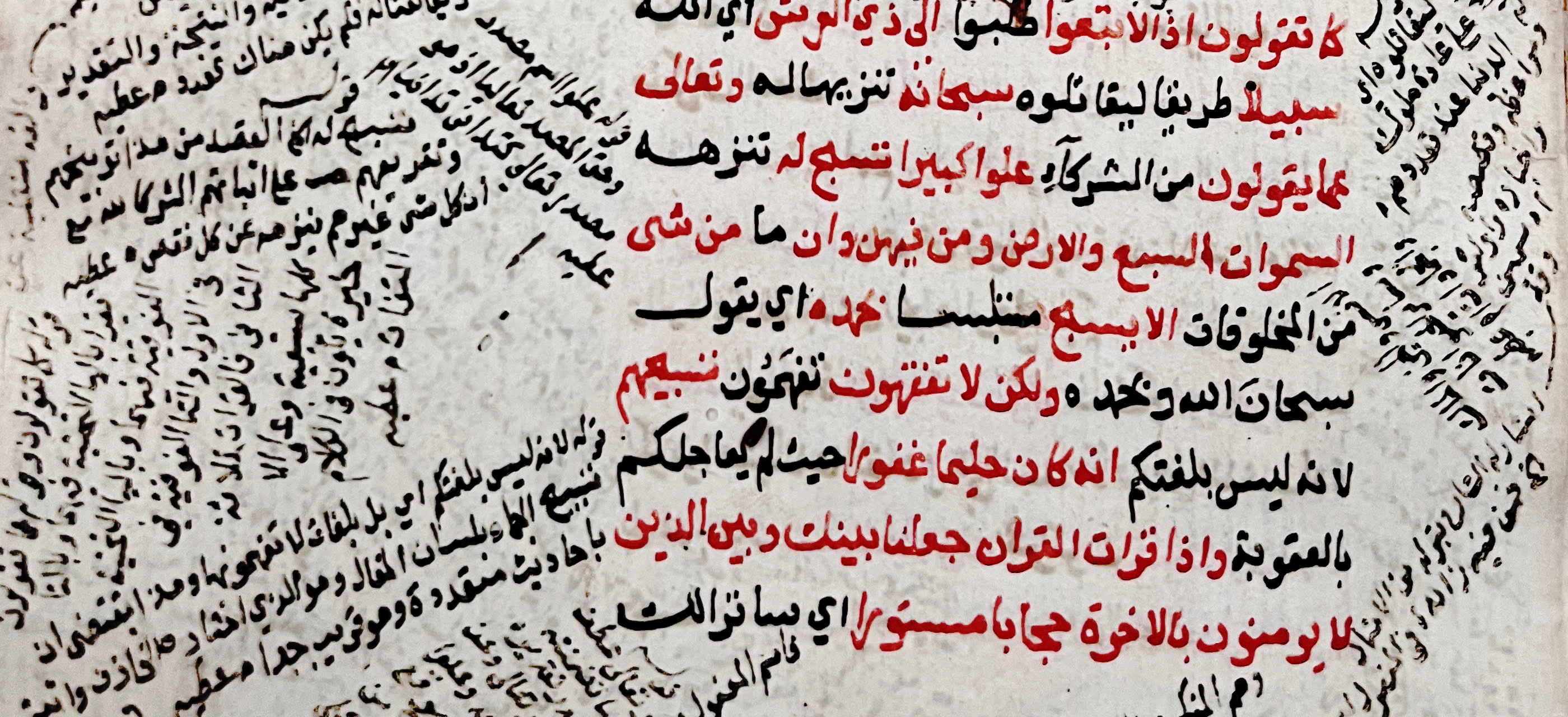Substance and Things: Dualism and Unity in the Early Islamic Cultural Field
Contenu
- Titre
- Substance and Things: Dualism and Unity in the Early Islamic Cultural Field
- Type
- Ph.D.
- Créateur
- Ali, Ghazoan Voir tous les contenus avec cette valeur
- Date
- 2012
- Résumé
-
The purpose of this study is to sample a number of disparate texts from the early Islamic cultural field to explore the shared grounds or themes that bind them together. The focus of the sampled texts and their analysis is the different relations between God and the real things of this world.
The method that is applied in the selection of the texts of this research relies on Pierre Bourdieu’s approach to the study of cultural production. It assumes a relational and dynamic intellectual field which creates interlinked differences and similarities. This is the reason for sampling texts which are assumed to be reasonably marginal to the main cultural establishment.
The kalām of the early stage, exemplified by the texts of the Zaydī al-Qāsim al-Rassī and the eastern Ibādīs, is found to emphasise the radical separation between the creator and the created. The development of this relation, which is explored through an intertextual reading of Qurʾānic exegesis, bridges the fissure, between creator and created, through the process of re-interpreting the terms of creation. The act of creation itself becomes an act of transformation, and the objects of creation become eternal ‘non-existent things’ that acquire the quality of existence. In the philosophical works of Jābir Ibn Ḥayyān, the things of this world are also reduced to transformations within the one substance that encompasses the intelligible and the material world.
The results of this research show that there is a great degree of diffusion of ideas in this early stage of Islamic culture, from an assumed centre to the margins, and vice versa. The general tendencies in the texts considered reflect, on the one hand, a critique of multiplicity of principles, particularly dualism, and an emphasis on God’s unity, through different interpretations of tawḥīd. On the other hand, the sought unity itself established God’s radical transcendence from the real world, thus leading to another form of dualism dividing the world and the absolute other. The process of opposition to dualism seems to have eventually produced two forms of affirming and defining unity. Both forms define the existent things in terms of substance (jawhar), however, the kalām model expresses it in atomistic terms whilst the alchemical model of Jābir expresses it in terms of a hylomorphic model. One of these redefines the meanings of the existent and the non-existent things in term of subsistence, and the other, develops the idea of a single substance with different gradation in being. - Editeur
- University of Exeter Voir tous les contenus avec cette valeur
- Place
- Exeter
- Langue
- eng
- nombre de pages
- 405
- Titre abrégé
- Substance and Things
Ali, Ghazoan, “Substance and Things: Dualism and Unity in the Early Islamic Cultural Field”, University of Exeter, 2012, bibliographie, consulté le 22 février 2025, https://ibadica.org/s/bibliographie/item/7824
Position : 93 (64 vues)

